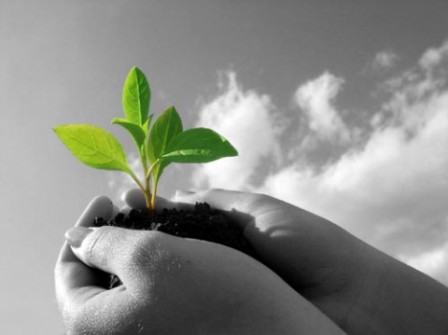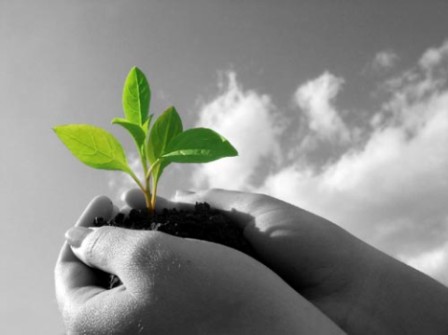
Sustainability became a household word for me when I took an environmental science class as a freshman at Penn State. However, I know many people who would scrunch their face in confusion by the word.
At first, I only understood sustainability in an environmental sense. Four years ago, I would define the word as “exploiting natural resources in a way that we can survive but that the natural resources can replenish so that generations to come can also exploit natural resources.” Currently, we are extracting natural resources in a way that would require resources of 1.5 planets if we were to continue to live the way that we do. I panicked at the thought of having to convince billions of people that we had to change our behavior.
 Last semester, I traveled to Costa Rica to study Sustainable development and gained hands on knowledge of sustainability within the context of the environment. However, my view of sustainability grew as I took classes in economics, natural resources and culture all in the context of sustainability. At this point, I would define sustainability as considering the full costs of social, economic and natural resources to put a true value on resources and labor. This would mean standardized labor wages and fewer subsidies on products. It would also mean companies should internalize all costs of their products.
Last semester, I traveled to Costa Rica to study Sustainable development and gained hands on knowledge of sustainability within the context of the environment. However, my view of sustainability grew as I took classes in economics, natural resources and culture all in the context of sustainability. At this point, I would define sustainability as considering the full costs of social, economic and natural resources to put a true value on resources and labor. This would mean standardized labor wages and fewer subsidies on products. It would also mean companies should internalize all costs of their products.
In the last few months, my definition of sustainability has changed significantly. Although I have been continuously working on my personal sustainability such as recycling, taking short showers and becoming a vegetarian (I could go on and on…), I never included this part of sustainability in my definition. Self-sustainability is a very important part of bringing this concept into the workplace, into the fight for social justice and into the fight for the beauty of nature.
Through my time in Costa Rica, I not only saw the beautiful landscape, birds and monkeys but I also saw the close family structure that sustained the culture. Although, my family lives in a small town by the ocean and I have always appreciated them, I never looked at this closeness as being sustainable. This new view has created the desire to move back home and be around the ones I love as I witnessed many family members doing in Costa Rica. One girl in my sustainability leadership class this semester mentioned that traditions could be a way of sustaining culture. Holidays have always been one of my favorite things but I always criticizing my past life before I learned of sustainability. Now I am incorporating things I love into my more sustainable life.
Going back to my freshman lecture on environmental science, one take away from the course is that “life is a journey.” Through striving to live a sustainable life, I am on a journey to defining what sustainability actually is. It is important to look at many different angles of life and how they can be more sustainable but also appreciate what is already sustainable about the way we live.
If you are a person who is confused when you hear people mention sustainability, understand that sustainability is all of the things I mentioned. And if you are someone who understands sustainability in an environmental context, I invite you to look at sustainability from many different views that I have mentioned. And if you have already played with the thoughts of sustainability in all different ways, then I challenge you to continue to do so.
Sarah Foss is a junior majoring in journalism with a minor in sociology at Penn State, University Park. In the last three years, she has developed a strong passion for sustainability. Her sophomore year, she was a Teacher’s assistant for environmental science and she interned with the Center for Sustainability at Penn State. She was inducted into NSCS in the Fall of 2010 and served on the THON committee for her chapter.

